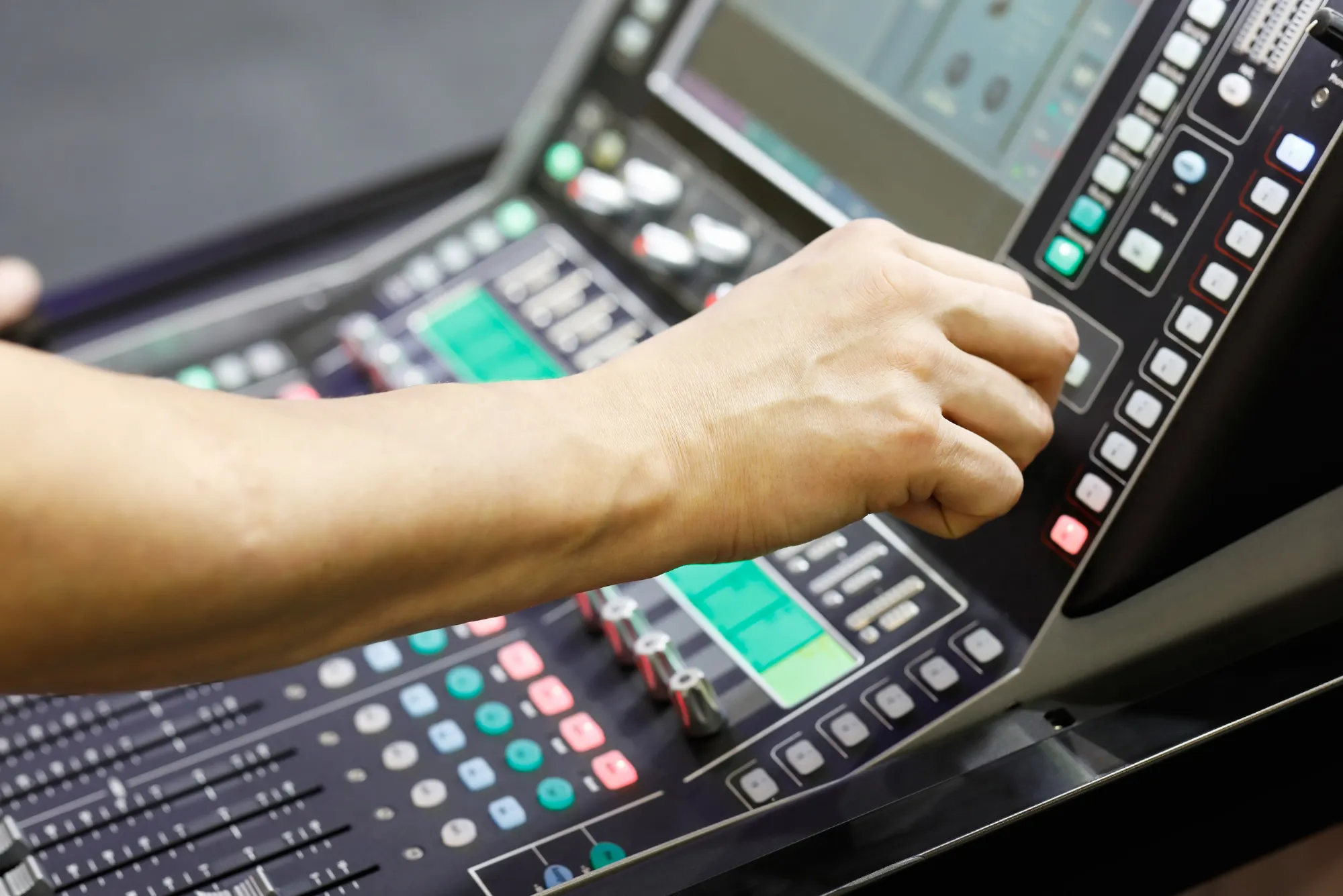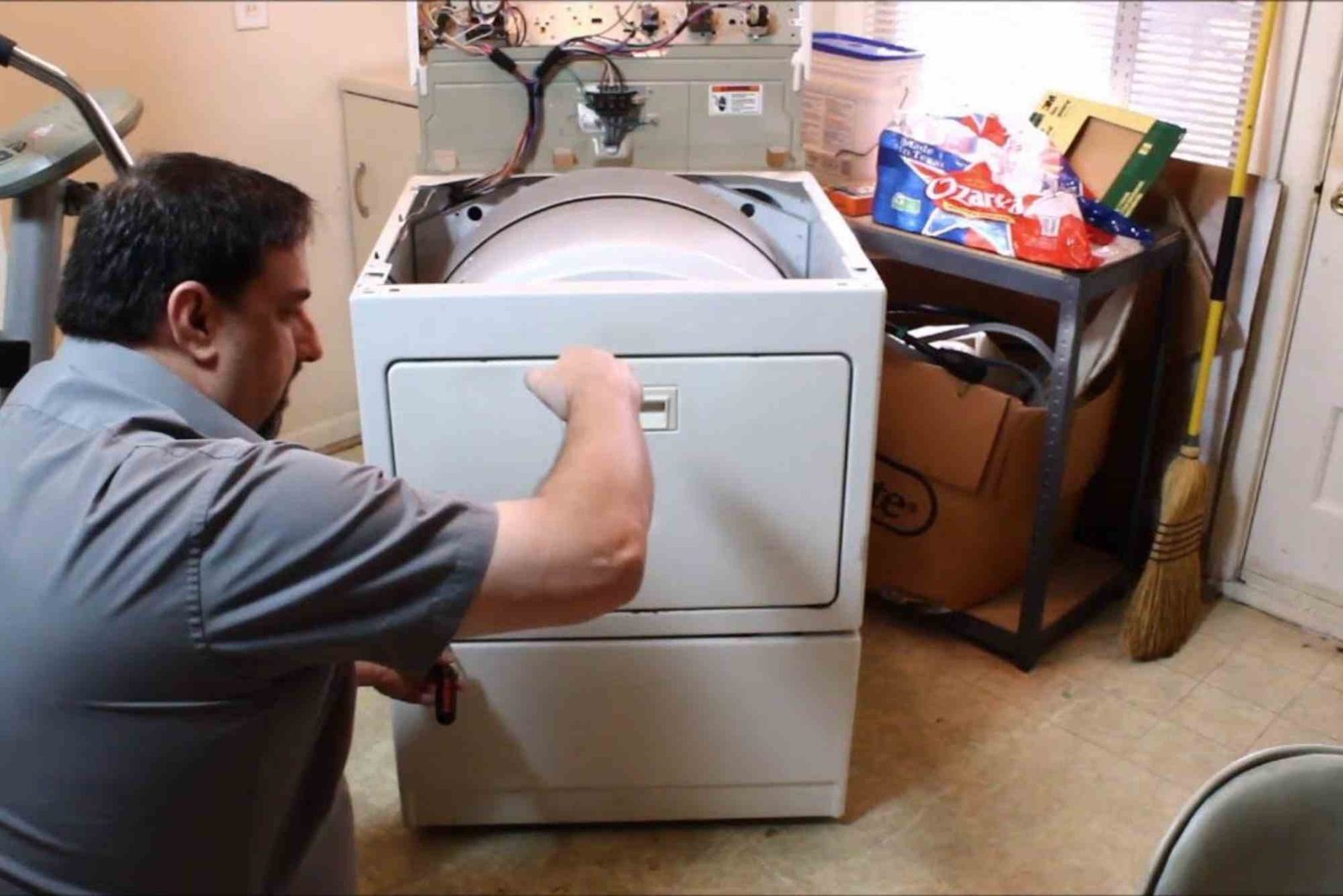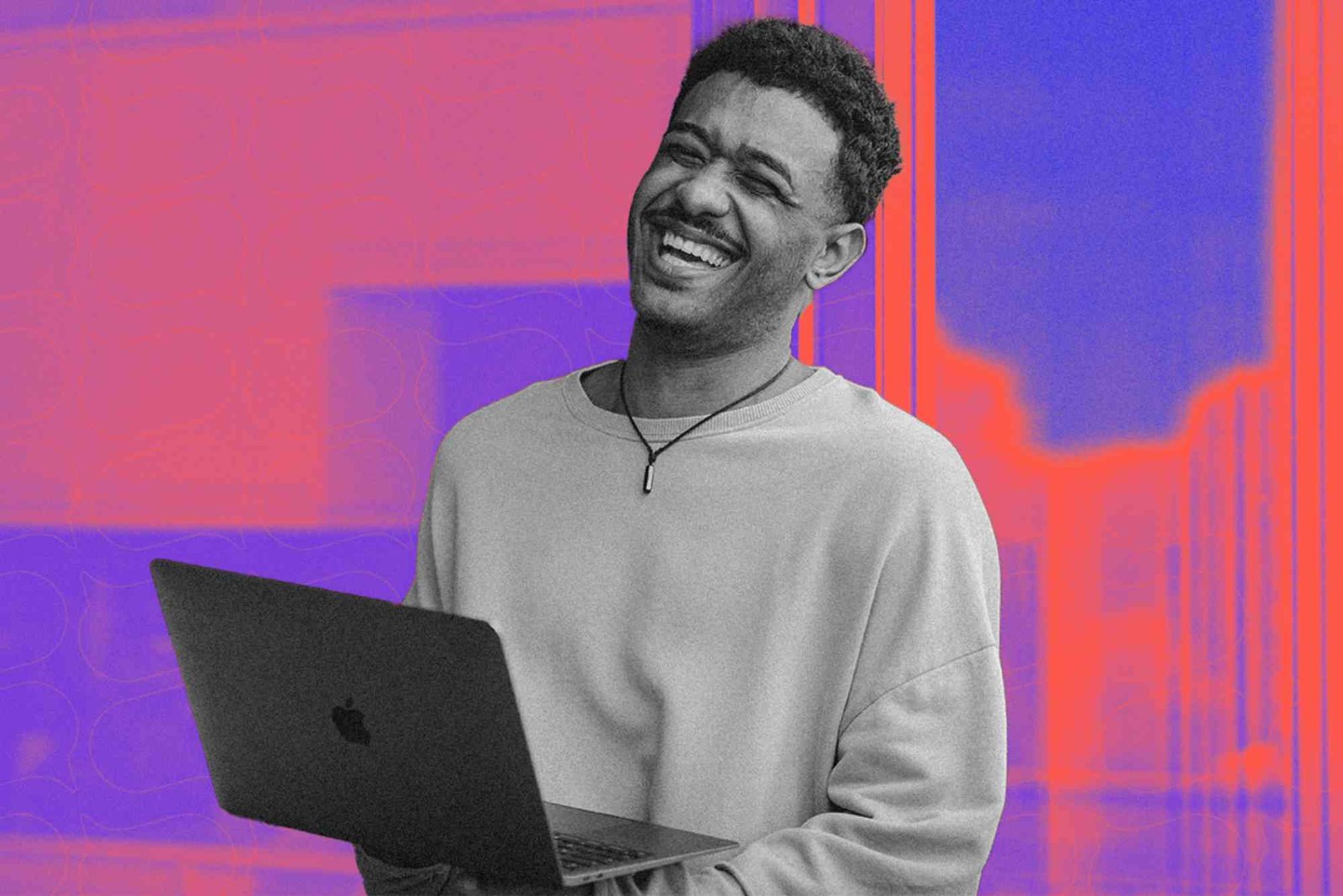Live sound engineering is a dynamic and rewarding career that combines technical expertise, creativity, and problem-solving under pressure. In India, particularly in vibrant hubs like Delhi, the demand for skilled live sound engineers is growing due to the booming entertainment industry, including concerts, festivals, corporate events, and theater productions. If you’re preparing for a live sound engineering interview in India, understanding the skills employers prioritize can set you apart. This article explores the technical, practical, and interpersonal skills tested during a live sound engineering in Delhi, India interview, offering actionable insights to help you succeed.
Technical Proficiency in Audio Systems
At the core of live sound engineering is a deep understanding of audio equipment and systems. Interviewers in India, especially in cities like Delhi with its thriving event scene, expect candidates to demonstrate expertise in the following areas:
-
Sound System Setup and Operation: You’ll likely be asked about configuring mixing consoles, amplifiers, speakers, and microphones. Interviewers may present scenarios, such as setting up a PA system for a 500-person venue, to test your knowledge of signal flow, gain staging, and system optimization. Be prepared to explain how you’d balance inputs and outputs to achieve clarity and avoid feedback.
-
Digital and Analog Consoles: Familiarity with both analog and digital mixing consoles (e.g., Yamaha CL5, Soundcraft Vi Series, or Allen & Heath) is critical. You might be asked to walk through the process of patching inputs or creating monitor mixes. In live sound engineering in Delhi, India, where venues range from small clubs to large arenas, versatility across console types is a must.
-
Troubleshooting: Technical glitches are inevitable in live settings. Interviewers often test your ability to diagnose and resolve issues like signal distortion, ground loops, or equipment failure. For example, you might be asked, “What would you do if a speaker cuts out mid-performance?” Your response should highlight a systematic approach, such as checking cables, verifying power, or swapping inputs.
-
Software Proficiency: Knowledge of software like QLab, Dante Controller, or SMAART for system tuning and analysis is increasingly important. Some employers may ask about your experience with networked audio systems or wireless microphone management, especially for large-scale events.
To prepare, review the manuals of popular consoles and practice explaining technical concepts in simple terms. Hands-on experience, even through simulations or volunteering, can make your answers more credible.
Practical Skills and Real-World Application
Beyond theoretical knowledge, live sound engineering interviews in India often include practical tests to assess your ability to apply skills in real-world scenarios. In Delhi, where events like music festivals or corporate galas are common, employers value engineers who can adapt to diverse setups. Expect the following:
-
Live Mixing Test: Some interviews include a hands-on component where you mix a mock live performance. You might be given a multitrack recording and asked to create a front-of-house mix or monitor mix. Employers will evaluate your ability to prioritize instruments, manage EQ, and maintain clarity under time constraints. For instance, in live sound engineering in Delhi, India, you might need to balance traditional instruments like tabla with modern electronic elements, showcasing cultural versatility.
-
Setup and Teardown Efficiency: Time is critical in live events. Interviewers may ask you to describe how you’d set up a stage for a band within a tight schedule or safely pack equipment post-event. Demonstrating knowledge of cable management, stage plotting, and safety protocols will earn points.
-
Adaptability to Venues: Delhi’s venues range from open-air grounds to indoor auditoriums, each with unique acoustic challenges. You might be asked how you’d adjust a system for a reverberant hall versus an outdoor stage. Highlighting experience with room tuning or environmental adjustments will show your readiness for live sound engineering in Delhi, India.
To excel, practice mixing on digital audio workstations (DAWs) like Reaper or Pro Tools with live multitracks. Volunteer at local events to gain hands-on experience and build confidence in high-pressure settings.
Problem-Solving and Critical Thinking
Live sound engineering is as much about quick thinking as it is about technical know-how. Interviewers often test your ability to handle unexpected challenges, such as:
-
Handling Feedback or Distortion: You might be asked, “How do you eliminate feedback during a live show?” A strong answer would involve identifying the source (e.g., microphone placement), adjusting EQ, or using notch filters.
-
Managing Performer Requests: Artists often have specific monitor mix preferences. You could face questions like, “How would you handle a vocalist demanding more reverb mid-performance?” Your response should balance technical feasibility with artist satisfaction, showing diplomacy and efficiency.
-
Time Management: Employers may present scenarios where you have limited time to soundcheck multiple acts. Explain how you’d prioritize tasks, such as focusing on lead vocals and critical instruments first.
To prepare, practice structured problem-solving. Break down scenarios into steps: identify the issue, consider solutions, and explain your choice. Real-world anecdotes from gigs or internships can make your answers more compelling.
Interpersonal and Communication Skills
In live sound engineering, technical skills alone aren’t enough. In Delhi’s fast-paced event industry, employers value engineers who can communicate effectively and work in teams. Key soft skills include:
-
Collaboration: Live sound engineers work with stage managers, lighting crews, and performers. Interviewers may ask how you’ve handled conflicts, such as a disagreement with a band about monitor levels. Highlight your ability to listen, negotiate, and maintain professionalism.
-
Client Interaction: In live sound engineering in Delhi, India, you’ll deal with diverse clients, from corporate event planners to indie bands. Be ready to discuss how you translate technical jargon into client-friendly language or manage expectations under pressure.
-
Stress Management: Live events are high-stakes, and interviewers want to know how you stay calm. Questions like, “How do you handle a technical failure in front of a live audience?” test your composure. Share examples of staying focused and prioritizing solutions.
To strengthen these skills, practice active listening and clear communication in group settings. If you’ve worked at events, mention how you coordinated with others to ensure a smooth show.
Industry Knowledge and Trends
Employers in India often look for candidates who understand the local live sound industry and its trends. In Delhi, the rise of hybrid events (combining live and virtual audiences) and eco-friendly productions is shaping live sound engineering. Be prepared to discuss:
-
Local Market Awareness: Mention familiarity with Delhi’s key venues, such as Siri Fort Auditorium or open-air spaces like JLN Stadium, and their technical requirements.
-
Emerging Technologies: Knowledge of immersive audio formats like Dolby Atmos or advancements in wireless systems can set you apart. Interviewers may ask how you stay updated, so mention resources like industry blogs, AES (Audio Engineering Society) webinars, or trade shows.
-
Cultural Sensitivity: India’s diverse music scene, from Bollywood to classical, requires engineers to adapt to varied genres. Highlight any experience with culturally specific events, such as qawwali performances or regional festivals.
To prepare, research Delhi’s event landscape and follow global audio trends. Joining local sound engineering communities or forums can provide valuable insights.
How to Prepare for the Interview
To ace a live sound engineering interview in India, follow these steps:
-
Build a Portfolio: Compile recordings or videos of events you’ve engineered. Even small gigs can showcase your skills.
-
Practice Technical Explanations: Be ready to explain concepts like compression or delay in simple terms.
-
Mock Scenarios: Simulate live mixing or troubleshooting with friends or mentors to build confidence.
-
Network Locally: In live sound engineering in Delhi,India, connections matter. Attend industry events or join groups like the Sound Engineers India community on social platforms.
-
Certifications: While not mandatory, certifications from Yamaha, Avid, or Dante can boost credibility.
Conclusion
A live sound engineering interview in India tests a blend of technical expertise, practical application, problem-solving, and interpersonal skills. In Delhi’s vibrant event scene, employers seek versatile engineers who can handle diverse venues, adapt to challenges, and communicate effectively. By mastering audio systems, practicing real-world scenarios, and staying updated on industry trends, you can confidently showcase your readiness for live sound engineering in Delhi, India. Prepare thoroughly, highlight hands-on experience, and approach the interview with confidence to land your dream role in this exciting field.















